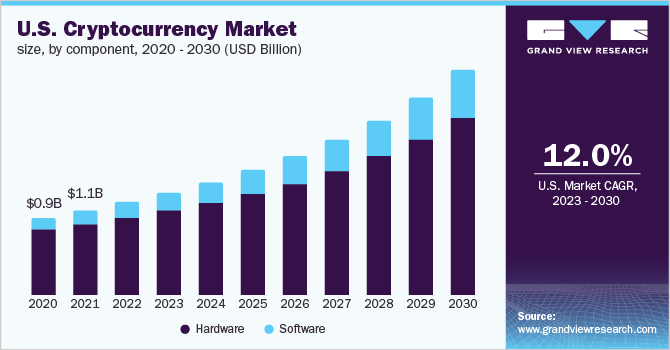Switzerland's Crypto Valley Association Head Says CBDC Is a Good Idea
In an interview with?Cointelegraph Switzerland's Crypto Valley Association president Daniel Haudenschild?said that he believes CBDC

Switzerland is home to the Crypto Valley, a region known for its concentration of cryptocurrency and blockchain startups. The Crypto Valley Association is a non-profit organization that represents the interests of the Switzerland's Crypto Valley Association ecosystem. In an interview with?Cointelegraph Crypto Valley Association president Daniel Haudenschild?said that he believes central bank digital currencies (CBDCs) are "the next logical stage in evolution for decentralized finance." He also claimed that there are currently 34 CBDC projects underway.
Haudenschild's stance is in contrast to some other cryptocurrency proponents, who have criticized CBDCs as being too centralized and controlled by governments. However, Haudenschild believes that CBDCs can offer a number of advantages, including:
- Increased financial inclusion: CBDCs could make it easier for people in developing countries and other underserved communities to access financial services.
- Reduced transaction costs: CBDCs could be used to make faster and cheaper cross-border payments.
- Improved security: CBDCs could be more secure than traditional fiat currencies, as they would be based on blockchain technology.
What is a CBDC?
A central bank digital currency (CBDC) is a digital form of fiat currency issued and controlled by a central bank. CBDCs are still in their early stages of development, but many central banks around the world are exploring the possibility of issuing their own CBDCs.
CBDCs can be either wholesale or retail. Wholesale CBDCs are designed for use by financial institutions, while retail CBDCs are designed for use by the general public.
Benefits of CBDCs
CBDCs offer a number of potential benefits, including:
- Increased financial inclusion: CBDCs could make it easier for people in developing countries and other underserved communities to access financial services.
- Reduced transaction costs: CBDCs could be used to make faster and cheaper cross-border payments.
- Improved security: CBDCs could be more secure than traditional fiat currencies, as they would be based on blockchain technology.
- Enhanced monetary policy: CBDCs could give central banks more control over the money supply and interest rates.
Challenges of CBDCs
There are also a number of challenges associated with CBDCs, including:
- Design and implementation: Designing and implementing a CBDC is a complex and challenging task.
- Privacy and security: CBDCs need to be designed to protect users' privacy and security.
- Interoperability: CBDCs need to be interoperable with other payment systems and financial services.
- Public acceptance: CBDCs need to be widely accepted by the public in order to be successful.
Switzerland's approach to CBDCs
The Swiss National Bank (SNB) is exploring the possibility of issuing a CBDC. In 2020, the SNB launched a pilot project to test the feasibility of a wholesale CBDC. The SNB is also working with other central banks on the development of a retail CBDC.
The SNB has stated that it is committed to developing a CBDC that is innovative, secure, and efficient. The SNB also wants to ensure that a CBDC would complement existing payment systems and financial services.
The Crypto Valley Association head's support for CBDCs is a sign that the cryptocurrency community is becoming more open to the idea of central bank involvement in the digital currency space.
CBDCs have the potential to offer a number of benefits, including increased financial inclusion, reduced transaction costs, and improved security. However, there are also a number of challenges associated with CBDCs, such as design and implementation, privacy and security, interoperability, and public acceptance.
It remains to be seen whether CBDCs will be successful, but the growing interest from central banks and the cryptocurrency community suggests that they are a serious contender to become the future of money.
What's Your Reaction?
















